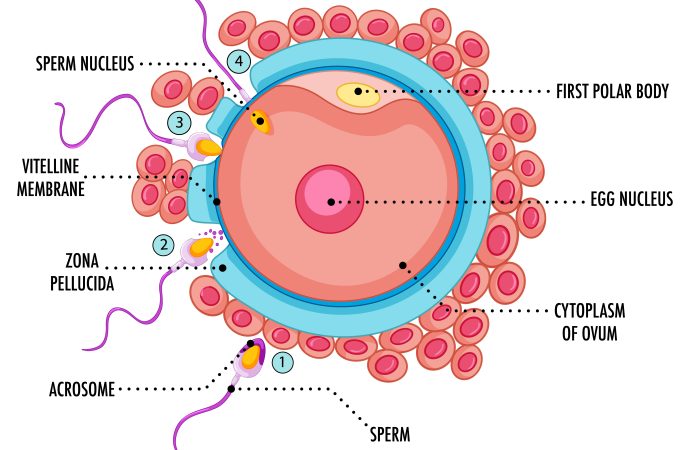The topic of male fertility is often overlooked, yet it is a crucial aspect of reproduction. Many couples struggle with infertility, and while female fertility is widely discussed, male fertility is often a taboo subject. However, advancements in science have made it possible to investigate the male reproductive system more closely, uncovering the secrets of
The topic of male fertility is often overlooked, yet it is a crucial aspect of reproduction. Many couples struggle with infertility, and while female fertility is widely discussed, male fertility is often a taboo subject. However, advancements in science have made it possible to investigate the male reproductive system more closely, uncovering the secrets of male fertility.
One of the main determinants of male fertility is the health of the sperm. Sperm count, motility, and morphology are key factors that can affect male fertility. A low sperm count or poor sperm motility can significantly reduce the chances of conception. This has led to increased interest in research that focuses on understanding the factors that affect sperm health.
Studies have shown that environmental factors such as exposure to chemicals, radiation, and lifestyle choices can have a negative impact on male fertility. For example, smoking, excessive alcohol consumption, and drug use have been linked to poor sperm quality. Other factors that can affect male fertility include age, genetics, and medical conditions such as diabetes, obesity, and sexually transmitted infections.
Recent research has also shed light on the role of the microbiome in male reproductive health. The microbiome is a complex community of microorganisms that resides in the human body, and its composition can affect various aspects of health, including fertility. Studies have shown that alterations in the microbiome of the male reproductive tract can lead to a decrease in sperm quality and an increase in inflammation.
In addition to understanding the factors that affect male fertility, advancements in medical technology have made it possible to diagnose and treat male infertility. One such technology is the semen analysis, which is a routine test used to evaluate the health of sperm. It measures various parameters such as sperm count, motility, and morphology.
Other medical interventions for male infertility include assisted reproductive techniques such as intrauterine insemination (IUI), in vitro fertilization (IVF), and intracytoplasmic sperm injection (ICSI). These techniques have helped many couples to conceive and have a child despite male infertility.
In conclusion, male fertility is an important aspect of reproduction, and research into the factors that affect it is crucial. Advancements in science and medical technology have made it possible to investigate the male reproductive system more closely, uncovering the secrets of male fertility. It is important to continue the conversation around male fertility and to remove the stigma surrounding the topic, so that couples struggling with infertility can access the information and support they need.

















Leave a Comment
Your email address will not be published. Required fields are marked with *